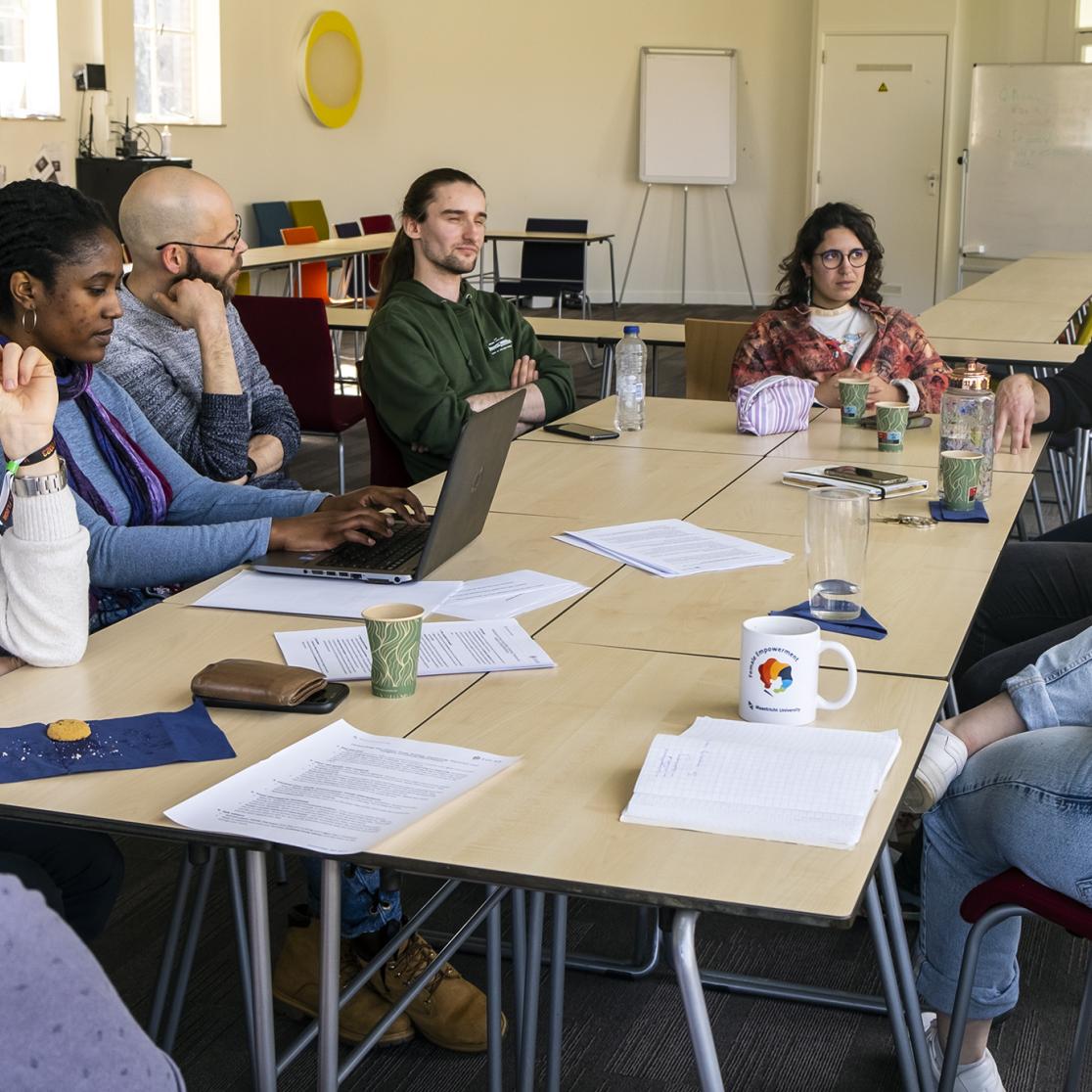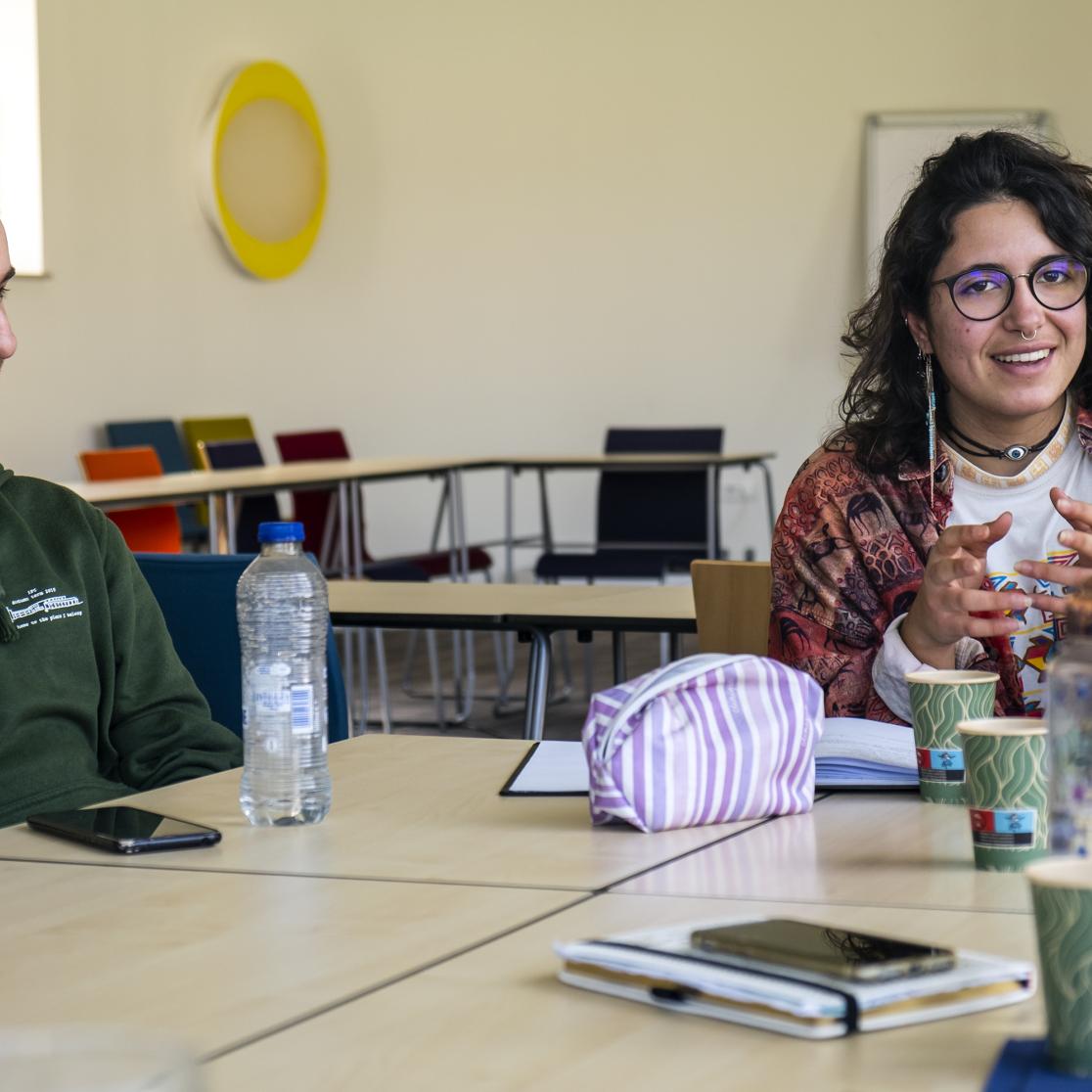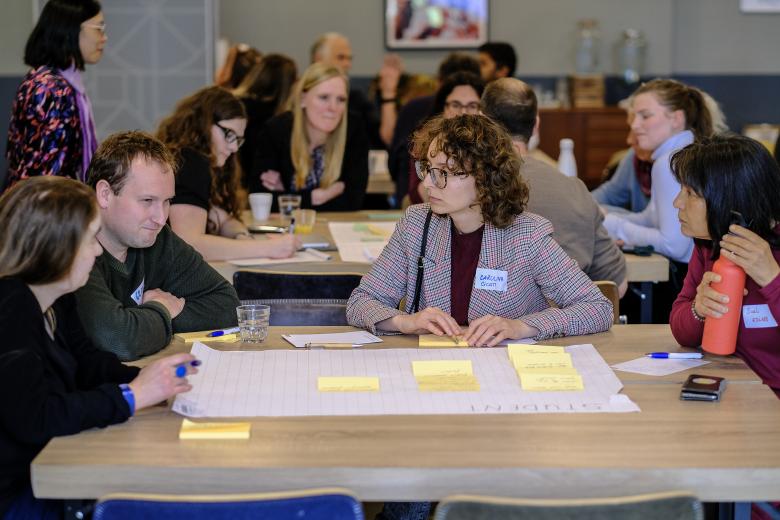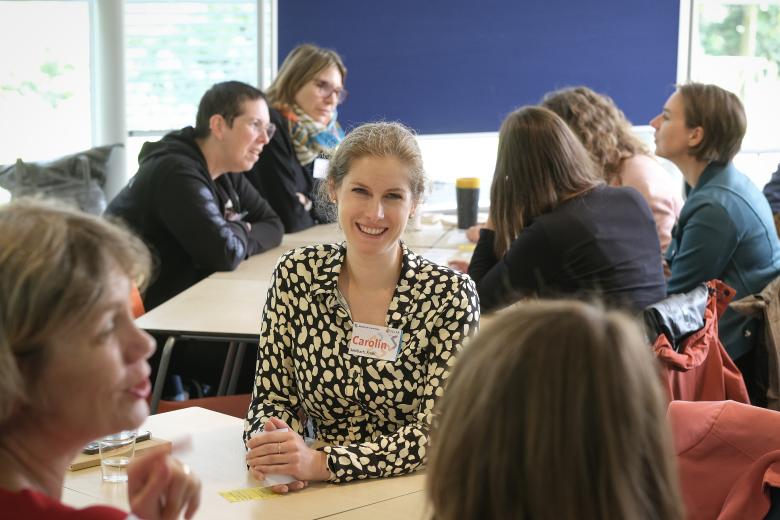Student-Meet: Master your motivation, turn work into play
Have you ever had one of those days when you don’t feel like doing an assignment or are just not in the mood to go to a tutorial? Well, you’re not alone.
Intrinsic and Extrinsic Motivation
According to the Oxford Dictionary, motivation is the reason or reasons for acting in a particular way. Hans Savelberg, a professor of Evolving Academic Education at FHML, explained that motivation can be either intrinsic or extrinsic, but things can get more complex. “Be aware that extrinsic factors can extinguish intrinsic motivation”, he warned. This often happens when people begin to monetise activities they once enjoyed, turning them into tedious jobs.
Relatedness, Competence, and Autonomy
Bas Giesbers, a teacher at the School of Business and Economics (SBE), gave insights into motivation theories - including the self-determination theory. This theory states that humans have three fundamental psychological needs: relatedness, competence, and autonomy, which can influence motivation. For example, a lecture assigns a relevant and appropriately challenging paper. Setting the time and place for a learning activity in a familiar context can also help students feel more capable.
Teacher and mentor Eveline Persoon described how positive factors, such as rewards (e.g. good grades, praise, going out with friends) and negative factors, like fear of failing, can elicit motivation just as quickly as they can hinder it.

“It felt like… playing?”
That is why participants thought it important to investigate the source of this blissful state that so often evades us. It all came down to dopamine, a chemical inside humans that produces feelings of pleasure and motivation.
One student shared how she experienced increased motivation when given exciting and interactive projects where she had control: “It felt like… playing?”
Under the right circumstances, we can play for the rest of our lives. To some extent, we have control over those circumstances. For instance, we can create a conducive environment for tasks like decorating/tidying our room, going to a quiet space, and putting our phone on “do not disturb”. We could also find a study partner to hold us accountable.
After all, life is more fun when shared with others.
By Munshya Mupela, Student Assistant at EDLAB

Also read
-
UM Education Research Day builds community and connects research with practice
More than 60 UM staff participated in the first UM Education Research Day, hosted by EDLAB. It was a fun day of meaningful and thought-provoking knowledge exchange, connection, skill development and interdisciplinary collaboration.

-
Carolin Sehlbach’s research examines feedback as a tool for growth in education
“I hope to show people how to view evaluations not as a tick-box exercise, but as an opportunity for meaningful reflection and growth,” says Carolin Sehlbach, an Assistant Professor in the Department of Educational Research and Development at the Maastricht University Faculty of Health, Medicine and...

-
Making global citizenship real at Maastricht University
On 30 January, coordinators and students from eight pioneering UM programmes met at Kaleido to discuss how Global Citizenship Education (GCEd) fits into higher education. They shared their frustrations, hopes, and ideas for change.
